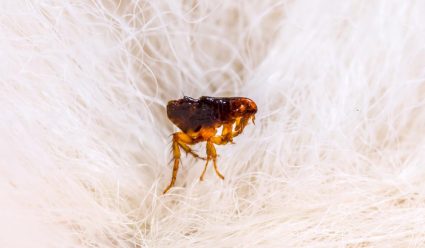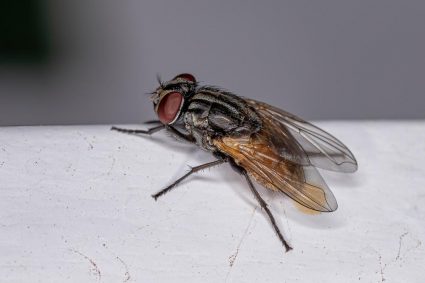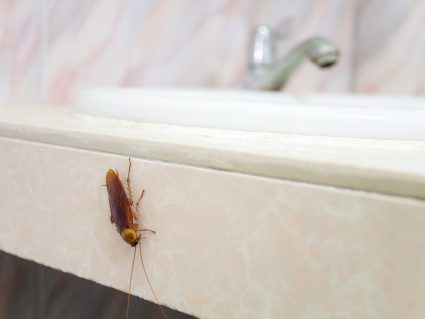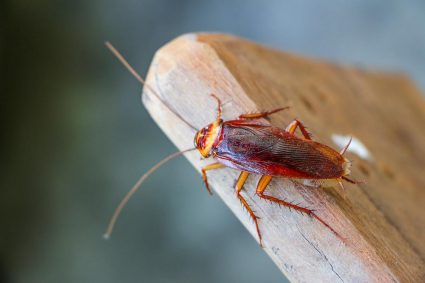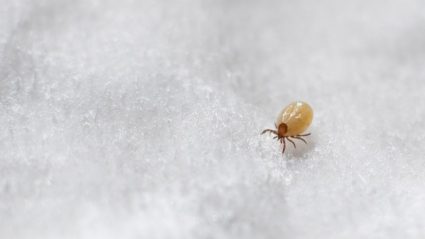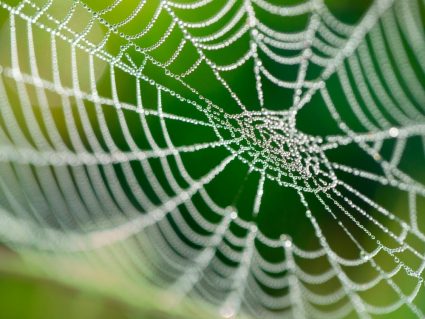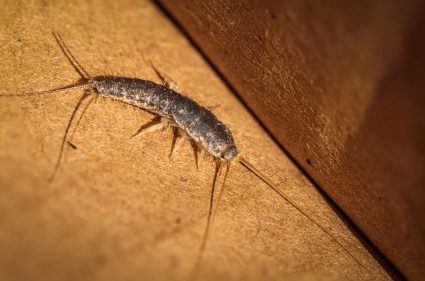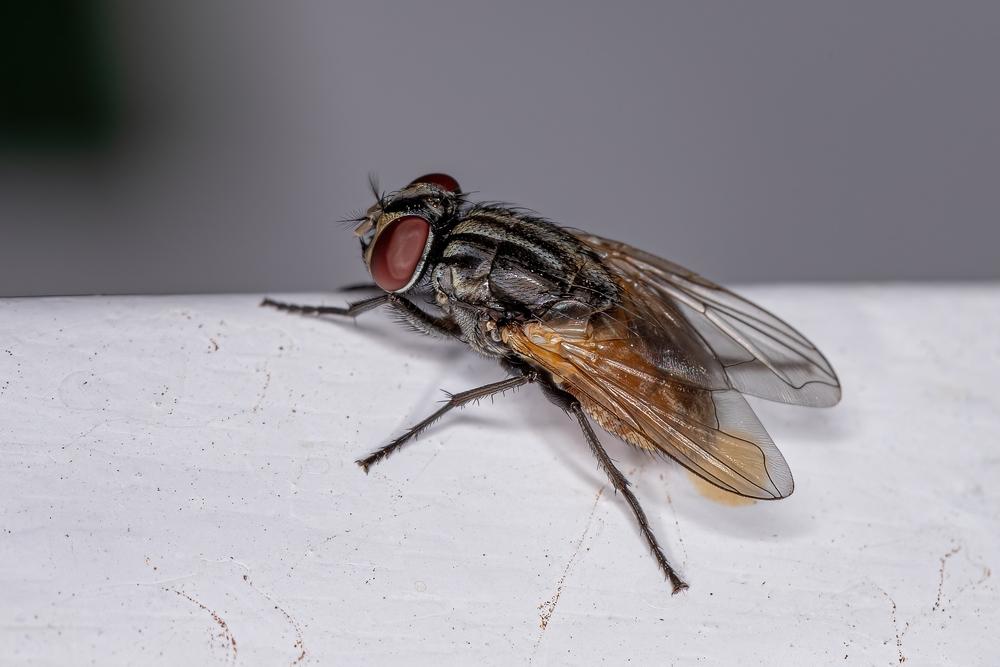
Do you find yourself swatting away pesky flies just as often as you do mosquitoes? If so, you might wonder if your trusty mosquito spray could serve double duty and help control the fly population as well. The answer is a bit more complex than a simple yes or no, as it depends on the specific formulation of the mosquito spray and the type of fly you are dealing with.
Yes, mosquito spray can kill flies. However, the effectiveness can vary depending on the specific product and the type of fly. It’s important to note that while they can provide a quick solution, they may pose potential health risks and environmental concerns. For a more sustainable approach, consider proper sanitation practices and using natural repellents.
The Effectiveness of Mosquito Sprays on Flies
Mosquito sprays contain active ingredients that can repel or kill various insects, including flies. Some common active ingredients include DEET, picaridin, IR3535, and oil of lemon eucalyptus. DEET, in particular, is effective against a wide range of insects, including mosquitoes, ticks, and flies. However, these ingredients primarily serve as repellents rather than insecticides, meaning they are designed to deter insects rather than kill them.
For controlling adult mosquitoes and other flying insects, insecticides such as malathion, naled, prallethrin, etofenprox, pyrethrins, permethrin, resmethrin, and sumithrin are often used. These chemicals can be lethal to flies upon contact, but it is crucial to follow label directions to ensure safety and effectiveness.
Natural Alternatives
If you prefer a more natural approach, essential oils such as oil of lemon eucalyptus, lemongrass, catnip, citronella, and cinnamon have been found to repel flies to some extent. However, the effectiveness of these natural repellents can vary and may not provide the same level of protection as synthetic repellents.
Health Risks and Environmental Concerns
While mosquito sprays can be effective in controlling flies, they also pose potential health risks and environmental concerns. Regular use of mosquito sprays can lead to dizziness, difficulty in breathing, headaches, diarrhea, joint pain, and shakiness. People who are particularly sensitive to chemicals may experience eye, skin, nose, or throat irritation or breathing problems.
Moreover, mosquito sprays can be harmful to non-target insects and aquatic organisms. Runoff from mosquito sprays can wash these chemicals into surface waters, where they can poison aquatic life. Pets exposed to these chemicals can experience vomiting, diarrhea, lethargy, and other symptoms.
Precautions When Using Mosquito Sprays
When using mosquito sprays, it is essential to follow the instructions on the product label. Avoid direct contact with skin and eyes, and ensure that the area is well-ventilated. Keep children and pets away from the sprayed areas, and avoid spraying on food or surfaces where food is prepared or consumed. Store the product safely and dispose of the container properly according to the disposal instructions on the product label.
Conclusion
So, does mosquito spray kill flies? Yes, mosquito sprays can be effective in controlling flies, but their effectiveness can vary depending on the specific product and the type of fly. While they can provide a quick solution, it is important to consider the potential health risks and environmental impact. For lasting and sustainable fly control, consider implementing proper sanitation practices and using natural repellents, in addition to or instead of relying solely on mosquito sprays.
Frequently Asked Questions
What is the most effective mosquito spray ingredient against flies?
DEET is often considered the most effective mosquito spray ingredient against flies. However, its primary function is to repel rather than kill insects.
Are there any other natural alternatives to repel flies?
Yes, other natural alternatives to repel flies include peppermint, basil, lavender, and rosemary. These can be used in the form of essential oils or plants.
Are there any specific brands of mosquito sprays that are known to be effective against flies?
The effectiveness of a mosquito spray against flies can vary widely depending on the specific formulation. It’s recommended to read product reviews and labels to determine their effectiveness against flies.
Can I use mosquito spray on my pet to repel flies?
No, it is not recommended to use mosquito spray on pets as it can lead to adverse health effects such as vomiting, diarrhea, and lethargy. Instead, consult with a veterinarian for appropriate fly repellents for pets.
How often should I use mosquito spray to control flies?
The frequency of using mosquito spray will depend on the severity of the fly problem and the specific product instructions. However, due to potential health risks and environmental impact, it’s important to use these products judiciously.

